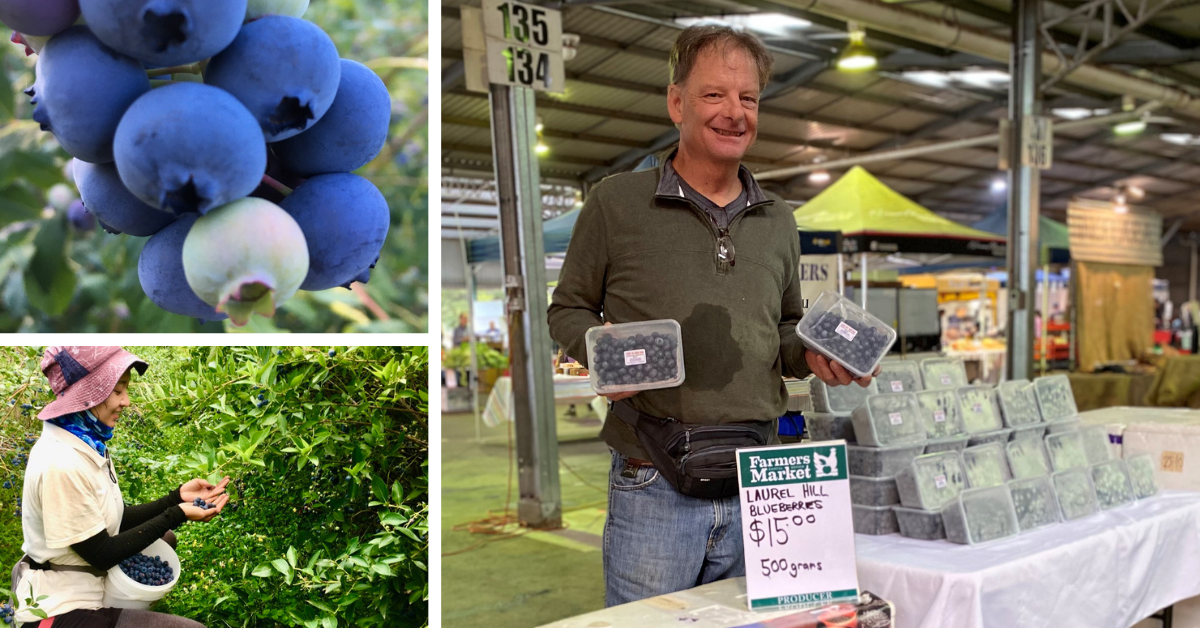Farmer in Focus: Brad from
Laurel Hill Blueberry Farm

Around 100 years ago, long before Brad Weintraub moved to the area, locals would flock to an old country pub that stood on the property which is now host to Laurel Hill Berry Farm. At the time, the pub was known to draw over 200 patrons, mainly workers from the neighbouring timber mill which predominantly harvested the local mountain ash trees to be turned into wooden oars which would be sent all across Australia and throughout the Southern Hemisphere.
Sitting at 1050m above sea level, near the Blowering Reservoir of the Tumut River, Laurel Hill’s cool climate allows Brad to grow what he says are “the best blueberries you’ll ever try”.
But last year the berry farm wasn’t able to produce any berries at all. The Black Summer bushfires that roared through the region caused unbelievable havoc and destruction, though Brad counts himself lucky looking back at the events that transpired.
“Last year I didn’t have any berries because of the bushfires. I was pretty severely impacted by the fires – my house survived, but both my neighbours unfortunately lost their places,” says Brad.
“I had a shed which burnt down, and the berries around the shed area were completely burnt, but they’ve actually recovered which is a really good sign and the berries are doing really well this year.
“Last year our nets were compromised by falling ash which came and burnt holes all through it, and then birds came in without the netting and ate all the berries as soon as they became ripe. It was kind of good in a way though, in that it helped the bird life who had lost their habitat and had nothing else to eat, so I didn’t resent them for it.”
Thankfully, Brad says the support he received in the months that followed helped him to carry on after losing a full season’s worth of income. Brad was able to make ends meet and repair and rebuild his farm with funds from his insurance payout, a government support grant, and $5,000 of assistance from the Rotary Club of Hall that runs the Capital Region Farmers Market.
So, what makes the berries from Laurel Hill Berry Farm so good?
“All the water we use here is supplied by a natural spring which feeds a small nearby creek,” explained Brad. “I pump water from the creek up to my water tanks, which is then shared between myself, the berries, and my big garden.
“We also don’t use any herbicides or pesticides on our produce.”
Further north around Coffs Harbour (where many of Australia’s commercial berry farms are found), the prevalent berry is the Southern Highbush, whereas Brad’s farm is made up of Northern Highbush blueberries. Originally from North America and Canada, these berries are known by many as the original blueberry. With all the crossbreeding of plants in the last century, there are now over 100 types of blueberry, and Laurel Hill is home to about 7 different variants.
“When we pick, we pick in different areas and we’ll mix the berries together, so you get a variety of different flavours,” says Brad. “People say they taste so different from the ones that come from Coffs Harbour, and that makes sense since they’re not really in the right climate to be growing blueberries – blueberries like the cool summer nights and the hot days, and that’s exactly what happens at Laurel Hill.
“If they’re not the best berries you’ve ever tried, then I’ll give you your money back!”
The cool climate and high altitude also allows him to have a longer season than many Australian berry producers.
“Some of the bigger berry producers in Australia actually store their berries for up to 10 weeks before they get sold to supermarkets as ‘fresh’,” says Brad.
Brad will be attending the Market all through February and into March, and he says that at the end of the berry season he’ll freeze a lot of the remaining blueberries to bring to his last Capital Region Farmers Market.
In the meantime, he implores people not to freeze their blueberries too early. “Keep them and eat them fresh, they’ll last in the fridge for three weeks! After that, if you want to, you can freeze them when they’re ripe and they start to go soft and they’ll taste even better.”


